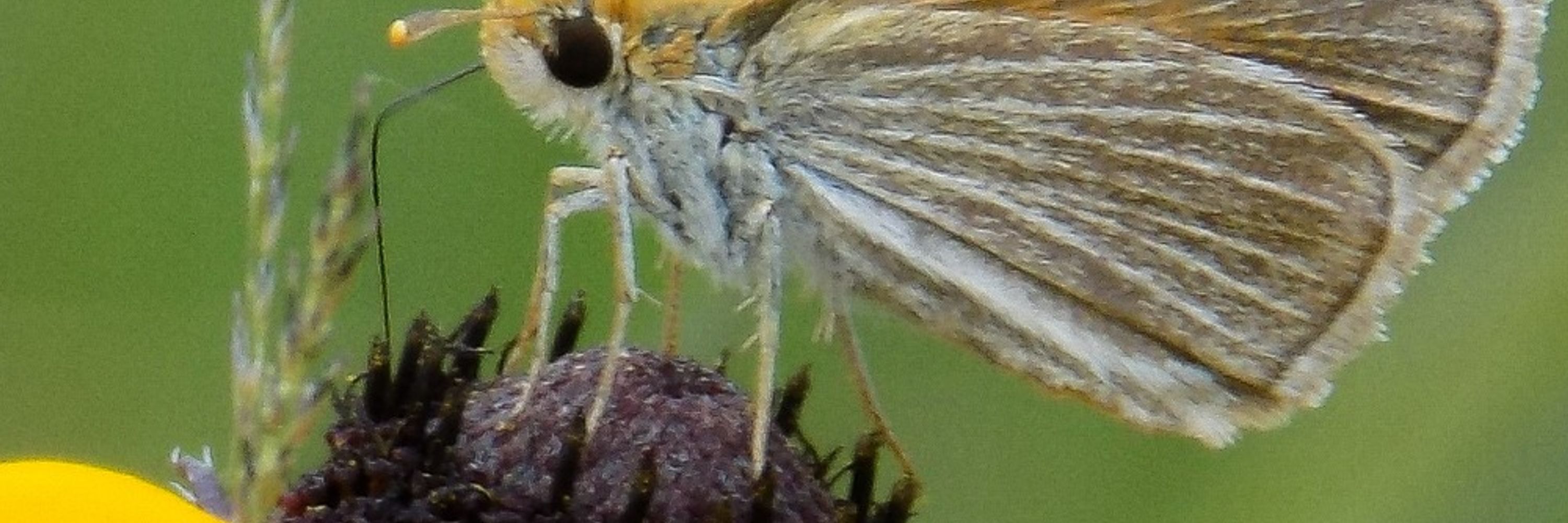
Global change biologist; Quantitative ecologist; Biodiversity informatician. Interested in how insects respond to global change and the consequences of these responses
Reposted by Michael W. Belitz

onlinelibrary.wiley.com/share/author...
@floridamuseum.bsky.social @ufresearch.bsky.social
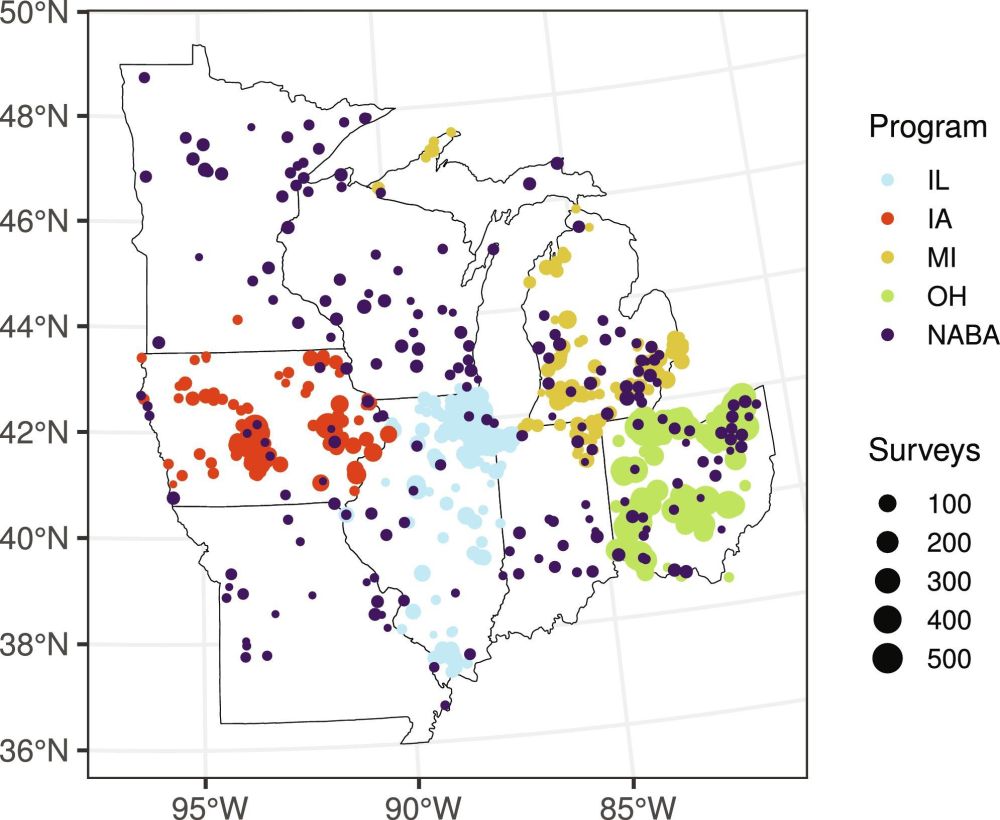
Three decades of declines restructure butterfly communities in the Midwestern United States | PNAS www.pnas.org/doi/10.1073/pnas.2501340122
Reposted by Michael W. Belitz

Reposted by Mya Breitbart, Michael W. Belitz
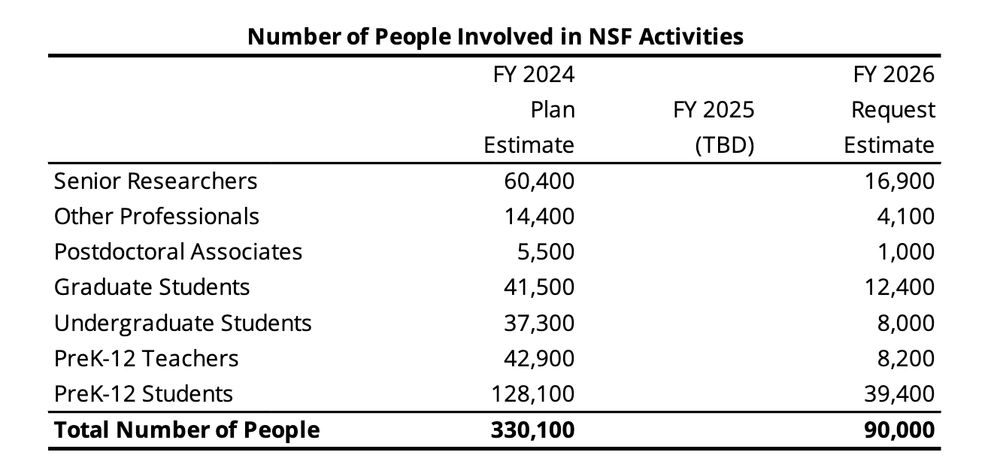
This is a PROPOSED budget to Congress. Call your reps.
Reposted by Michael W. Belitz

Reposted by Michael W. Belitz

doi.org/10.3389/fcos...
Reposted by Nick M. Haddad, Caz M. Taylor, Michael W. Belitz

www.science.org/doi/10.1126/...
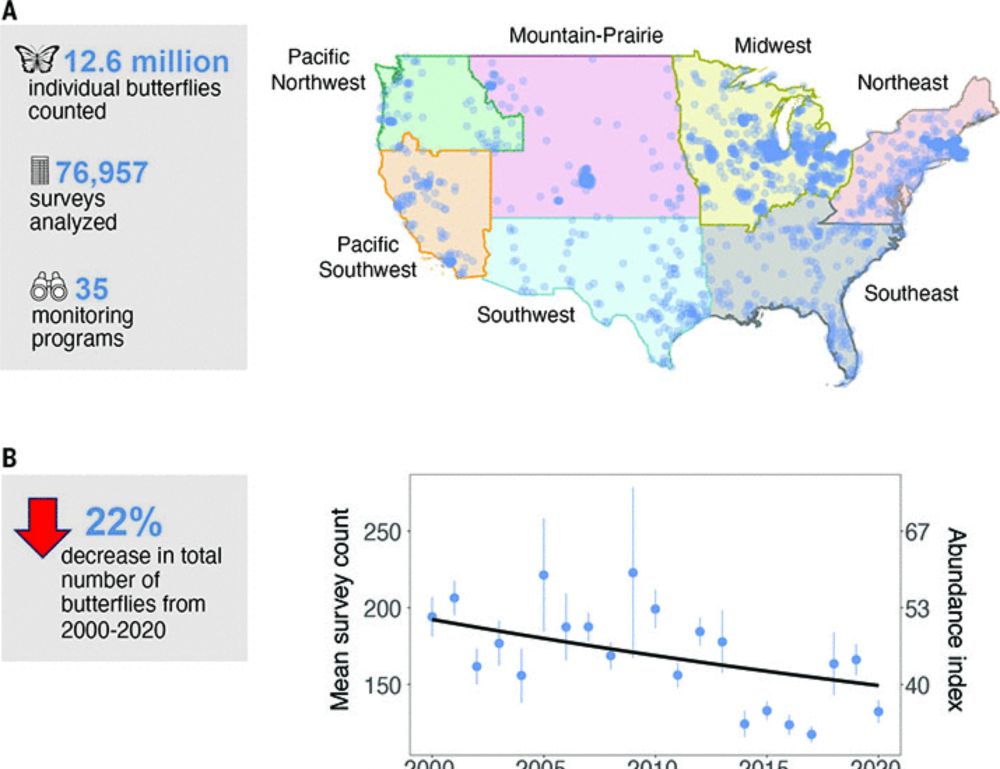
Rapid butterfly declines across the United States during the 21st century | Science www.science.org/doi/10.1126/...
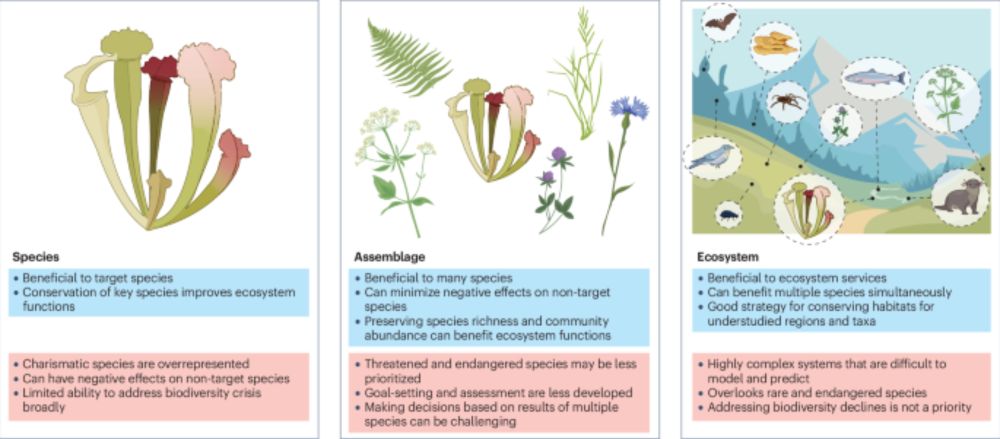
Reposted by Michael W. Belitz


Reposted by Finis Dunaway, Michael W. Belitz
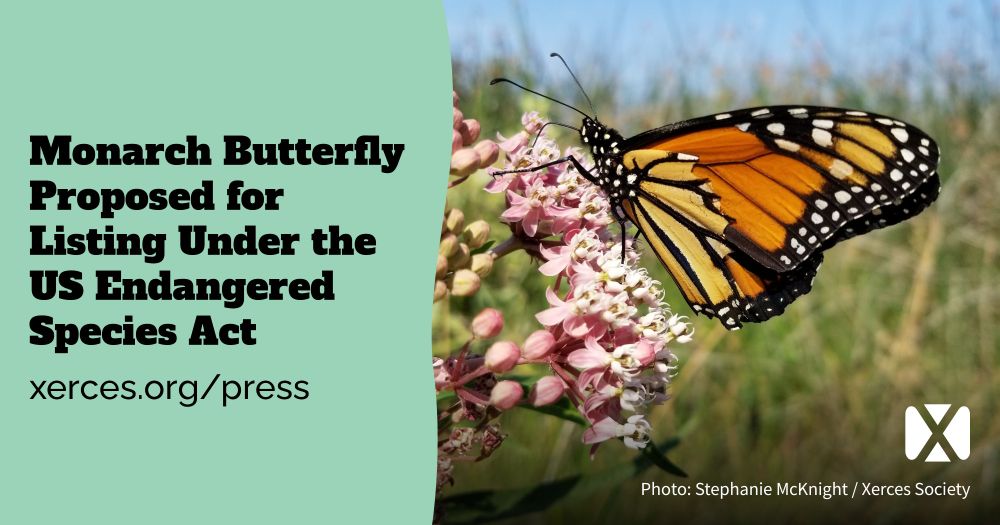
🦋 Learn more: xerces.org/press/monarc...
Reposted by Michael W. Belitz

Reposted by Michael W. Belitz



